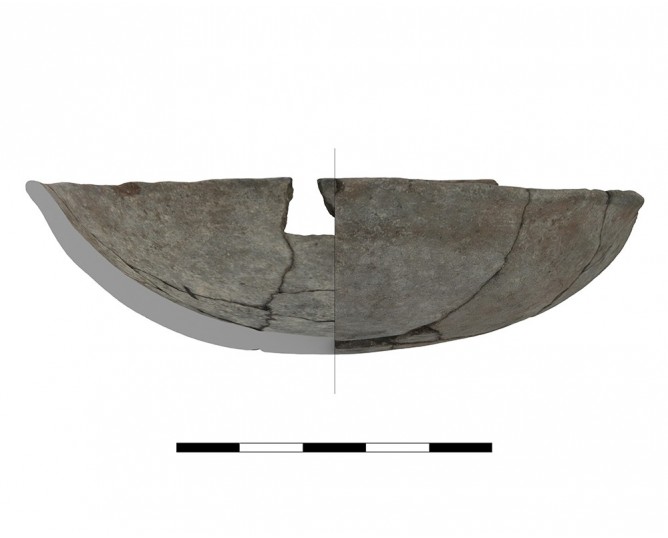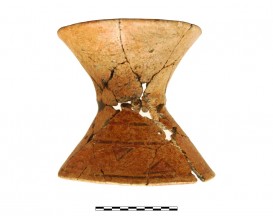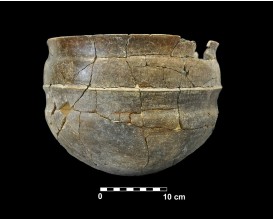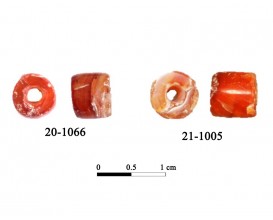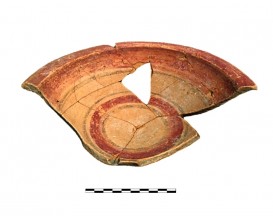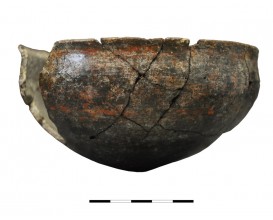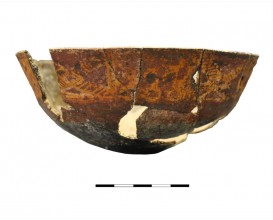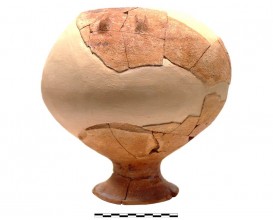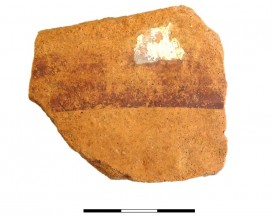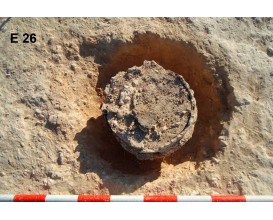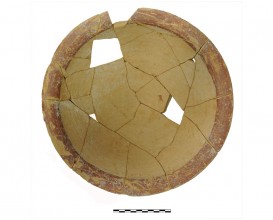Ceramic vessel 1024. Cemetery Cerro de los Vientos (Baeza, Jaén, Spain)
Dimensions
: 9.75 Centimeters
Materials
pottery
Temporal
: Orientalising
: 8th-7th ct. BC
Spatial
: Cerro de los Vientos
: Puente del Obispo (Baeza, Jaén, Spain))
: WGS84
Copyrights
Creative Commons - Attribution, Non-Commercial, No Derivatives (BY-NC-ND)
References
Lechuga, M.A., Soto, M., (2017): "La tumba de la mujer y el joven del Cerro de los Vientos (Puente del Obispo, Baeza)", en Ruiz, A. y Molinos, M. (Eds.): Catálogo de la exposición La Dama, el Príncipe, el Héroe y la Diosa. Conserjería de Cultura de la Junta de Andalucía, Sevilla, pp. 109-117.
Digital Resources
-
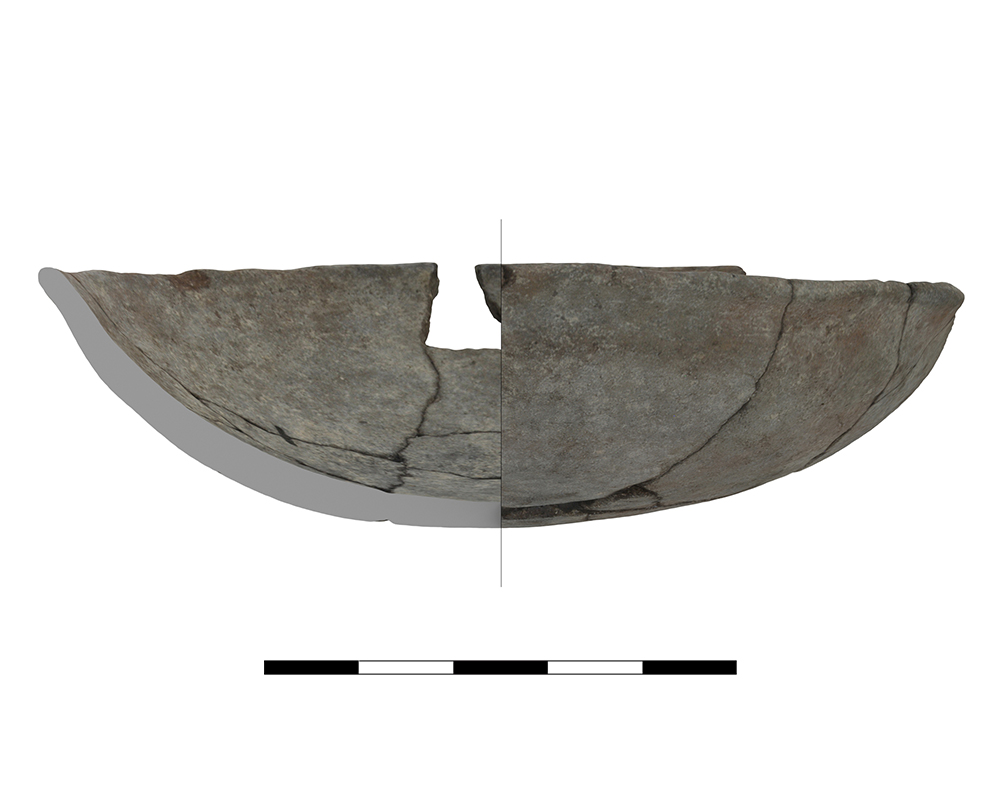 Instituto Universitario de Investigación en Arqueología Ibérica
Instituto Universitario de Investigación en Arqueología Ibérica Creative Commons - Attribution, Non-Commercial, No Derivatives (BY-NC-ND)
Arquiberlab
http://creativecommons.org/licenses/by-nc-nd/3.0/ -
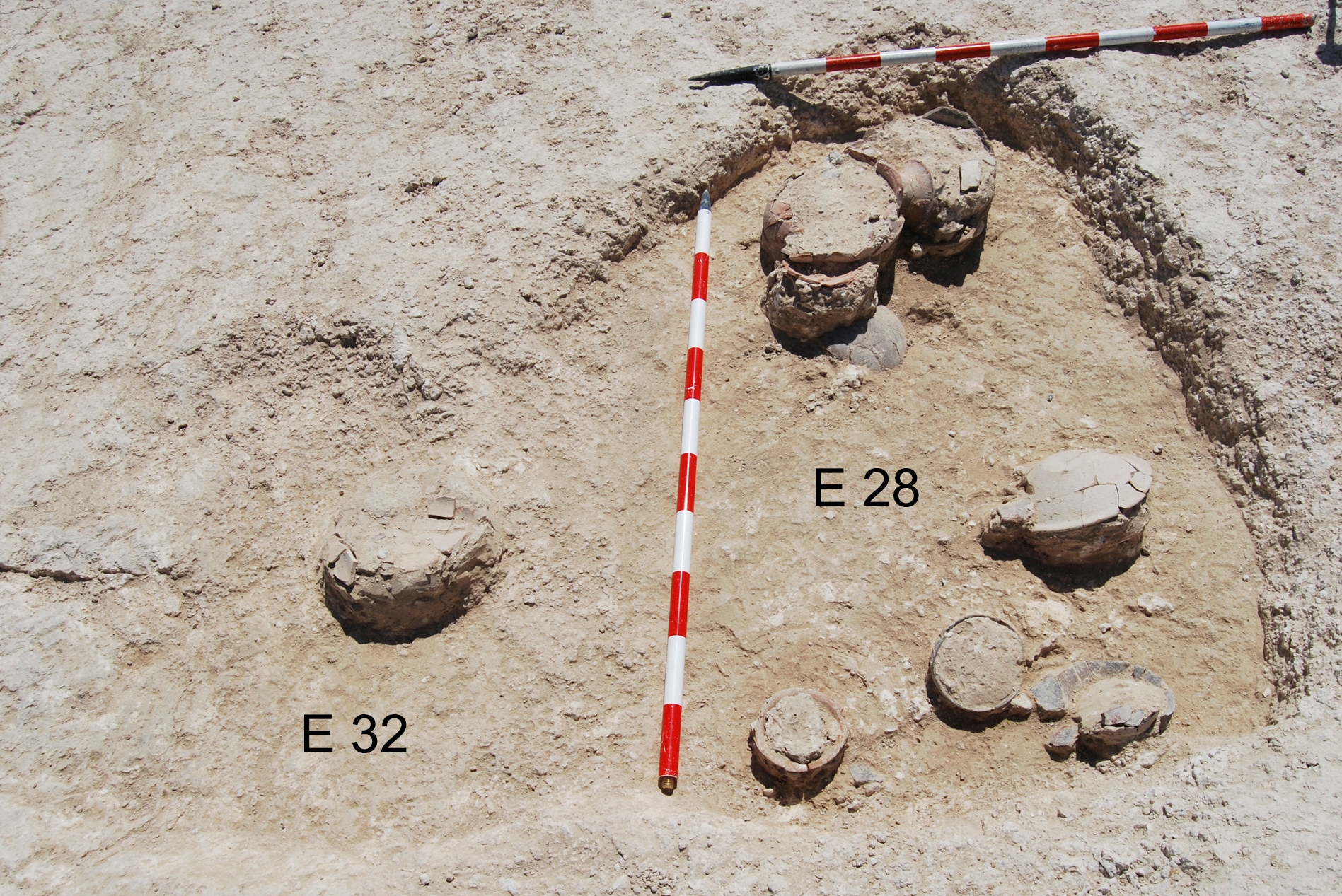 Instituto Universitario de Investigación en Arqueología Ibérica
Instituto Universitario de Investigación en Arqueología Ibérica Creative Commons - Attribution, Non-Commercial, No Derivatives (BY-NC-ND)
Arquiberlab
http://creativecommons.org/licenses/by-nc-nd/3.0/ -
 Instituto Universitario de Investigación en Arqueología Ibérica
Instituto Universitario de Investigación en Arqueología Ibérica Creative Commons - Attribution, Non-Commercial, No Derivatives (BY-NC-ND)
Arquiberlab
http://creativecommons.org/licenses/by-nc-nd/3.0/ - Instituto Universitario de Investigación en Arqueología Ibérica
Creative Commons - Attribution, Non-Commercial, No Derivatives (BY-NC-ND)
Arquiberlab
http://creativecommons.org/licenses/by-nc-nd/3.0/
Activities
Archaeometric analysis Chromatographic analysis Pottery. Analysis of contents
| |
Gass Chromatography-Mass Spectrometry Content analysis. Lipids Destructive method for the identification of the total lipid profile: fatty acids, sterols, wax esters, fatty alcohols, triacylglycerols, etc. Any remains of soil were removed with an electric hand-drill. The sample was then grinded to the appropriate size in an agatha mortar (0.25 mm). Extraction with a mixture chloroform/methanol (CHCl3:MeOH) (2:1 v/v) assisted by ultrasound. Derivatization of lipids to trimethylsilyl derivatives (TMS). The reaction takes place at 70 ° C for 30 min using N,O-bis- (trimethylsilyl) trifluoroacetamide (BSTFA), with 1% trimethylchlorosilane (TMCS). The sample is solved in cyclohexane and then injected in GC-MS. Chromatographic separation is performed applying a adequate temperature program. The analyses were performed using a using a gas chromatography equipment (model Thermo TraceGC Ultra) coupled to a Thermo DC Q II mass spectrometer. Autosampler Thermo Triplus (CICT, University of Jaén). The samples were introduced by on-column injection into a 15 m x 0.25 mm I.D. fused silica capillary column, coated with poly(dimethylsiloxane) stationary phase with 0.1 μm film thickness. Helium was used as the carrier gas (purity 99.99%). |

